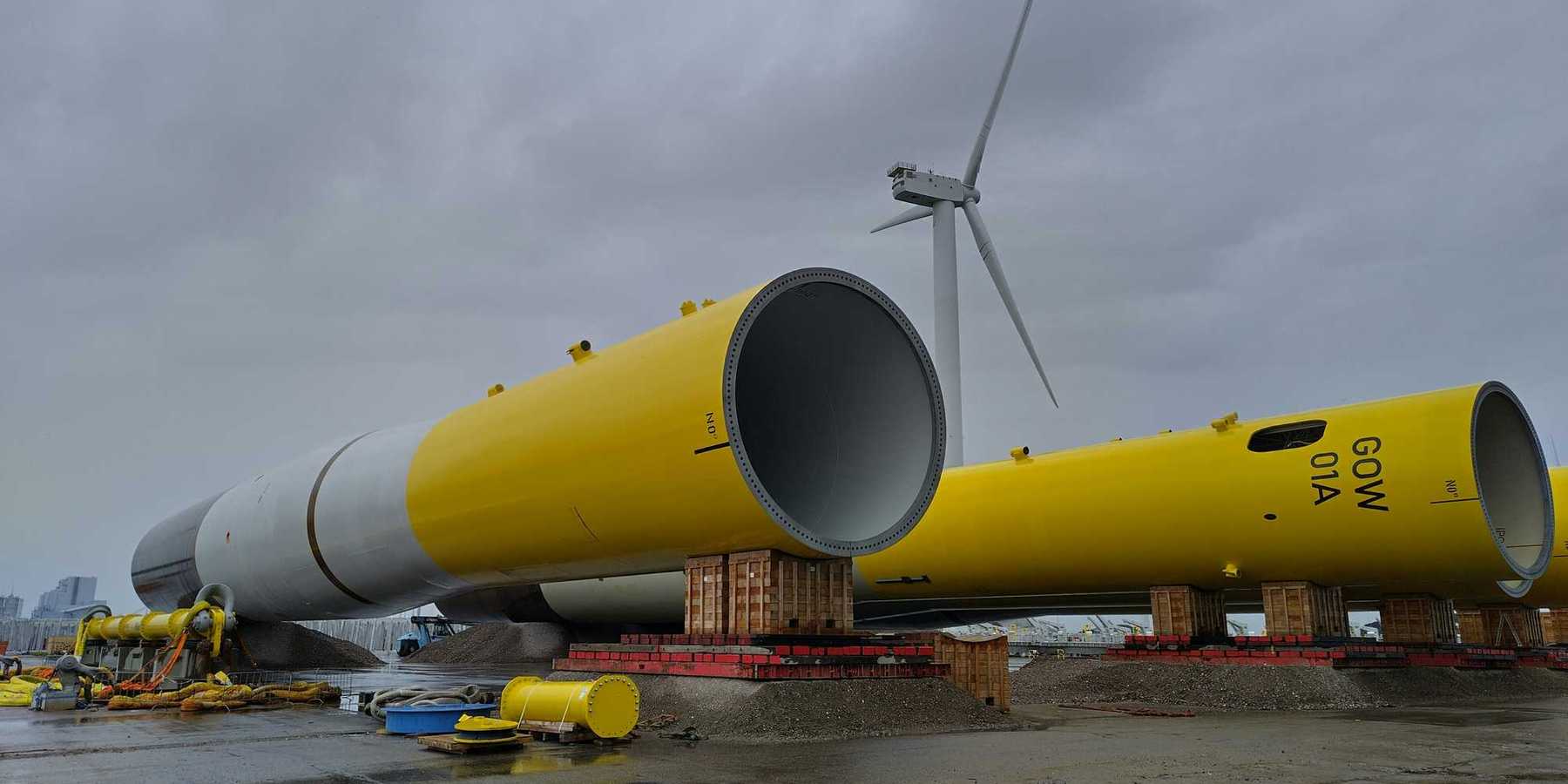Commentary: A promising pick for UN Secretary General.
The selection of António Guterres as the new United Nations Secretary General is encouraging news for those concerned about the global challenges brought on by climate change.
The selection of Antonio Guterres as the new United Nations Secretary General is encouraging news for those concerned about the global challenges brought on by climate change.
Guterres, who will take over as Secretary in January 2017, over the years has displayed an impressive understanding of the interconnectedness of climate issues and the willingness to fight for those causes he thinks deserve attention and resources.
Climate change is chief among the conditions complicating each of the already complex challenges that make up the UN portfolio. A Secretary who understands the security implications of a changing climate can lead the way to thread climate and its consequences into everything else the UN does – both to push hard for greenhouse gas reductions and to address the self-described “truth” articulated by President Obama, “that many nations have contributed little to climate change but will be the first to feel its most destructive effects.”
The Secretary designate has already demonstrated that he understands the connection between climate and security and how the UN can lead in this unprecedented challenge. In this, he is a worthy successor to Ban Ki-moon, who used the force of his office to front-burner climate issues, particularly leading to the 2015 UNFCCC Paris meetings.
The best case for this is Guterres’ remarkable November 2011 briefing to the UN Security Council. In his then-position as High Commissioner for Refugees, Guterres spoke to the subject of “New Challenges to International Peace and Security and Conflict Prevention.”
“Climate change is the defining challenge of our times: a challenge which interacts with and reinforces the other global megatrends such as population growth, urbanization, and growing food, water and energy insecurity,” he told the 15 members of the Council. “It is a challenge which is adding to the scale and complexity of human displacement; and a challenge that has important implications for the maintenance of international peace and security."
Guterres drew attention to “the potential for conflict within and between states” as they compete for the scarce resources of water, grazing and arable land. He noted the possibility of “so-called ‘water wars’ over transboundary freshwater reserves” that could easily “uproot large numbers of people,” citing the example of Darfur, a conflict at least partially driven by climate change, environmental degradation and the struggle for access to land and water.
He drew attention to evidence that a one degree temperature rise increases the potential for armed conflict by 50 percent.
All of this alone would be impressive, but a second factor drew our attention: Guterres seems to be a seasoned and effective fighter for issues he thinks need global attention.
He has said publicly how hard it was to get the issue of refugees on the world and UN agenda – but proceeded to do just that. Based on this experience, he might just be the right person to work climate issues within the UN system, a system he clearly knows well.
Why does his comprehension and commitment matter? Daily, we get new evidence of the challenge ahead. Last week an Oxfam report documented how little wealthy nations, whose Paris pledges were supposed to raise $100 billion a year by 2020, are actually doing to help the world’s poorest people cope with the effects of climate change. In some cases, countries are lending rather than giving and in others ordinary aid is rebranded as climate finance. The resources to institute adequate protective measures are simply not there.
The consequences may be exactly as Guterres and security experts warn. But in his new position, Guterres can mobilize the resources necessary to address all facets of this complex existential challenge.













